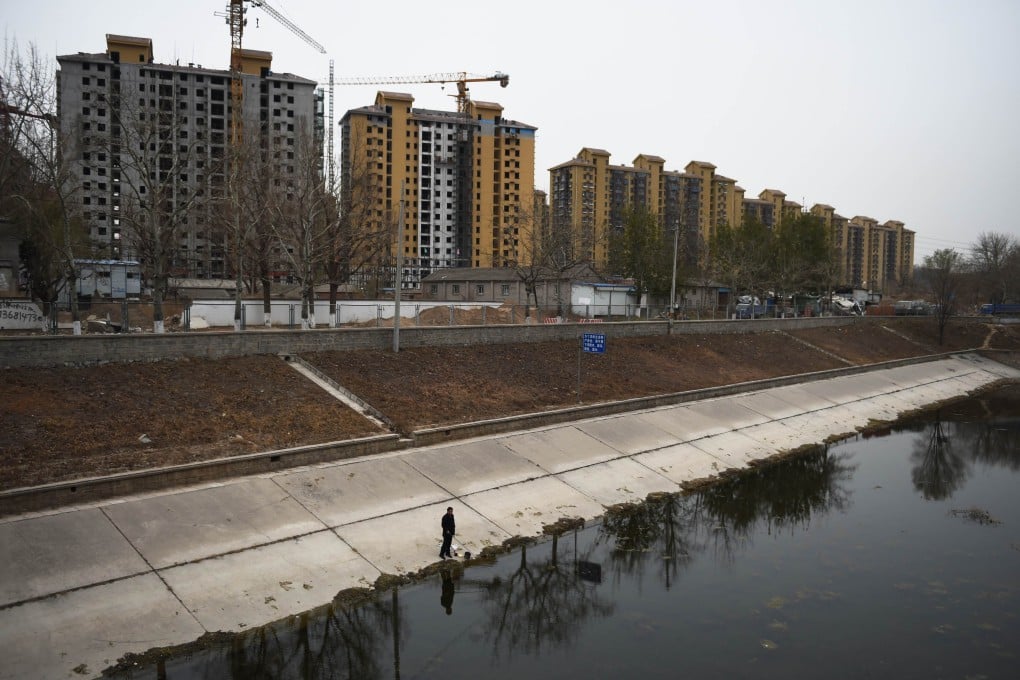Mainland rate cut likely to slow decline in home prices
While policy stimulus is likely to slow the decline in mainland home prices, more supportive moves are needed for market, researchers say

The mainland's recent interest rate cut will give some warmth to the struggling property market through the chilly winter. But whether green shoots will sprout in spring depends on further supportive measures and the willingness of commercial lenders to sacrifice their profits to endorse such policies.
A slew of rate cuts and credit relaxation measures quickly reversed property market downturns in 2008 and 2012. This time, the size of the housing glut is unprecedented and cash-rich speculators remain on the sidelines or have ventured abroad.
"The policy stimulus is likely to mitigate and delay the decline in home prices and transactions, and may even bump up construction-related activities in the near term," said Li Junheng, the research head of JL Warren Capital in New York.
"However, it will not reverse the weakening of the property market, both secondary and primary."
Primary home transactions rose 6 per cent in the seven days after the rate cut, both in terms of units and space sold. But in the week after Beijing announced relaxed mortgage policies on September 30, deals surged 100 per cent in the number of units and 105 per cent in space terms, Li said, citing data from government agencies as evidence of a weaker impact this time.
Others said primary home prices would soon start to rebound in first-tier cities - Beijing, Shanghai, Guangzhou and Shenzhen - after gains in their secondary markets in October. Policy relaxation since June has encouraged homeowners to ask for higher prices.
However, most developers dare not push up prices yet as they face record amounts of inventory and stretched balance books.